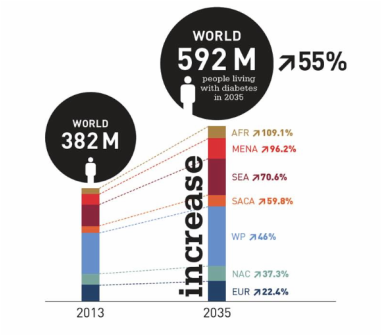HEALTH
Diabetes
Role of metabolic phenotyping in understanding obesity and related
|
Diet
Novel Mediterranean diet index
The Mediterranean diet, rich in fruits, vegetables, whole grains, legumes, olive oil, fish and poultry is renowned for its health benefits. As the world becomes global in all aspects of life including diet, changes have been reported in the way people consume food and the diets they follow, this is also true for the MENA region. A novel LMD index was proposed to assess adherence to a Middle Eastern version of MD, complementing international efforts to characterize the MD and its association with disease risk.
|
Stroke
Stroke national Data Lebanon
This is the first study conducted in the Middle East, assessing self-reported stroke symptoms among stroke-free residents. Our study showed that almost one in eight residents without a history of stroke or transient ischemic attack has had stroke symptoms. Major vascular risk factors are associated with these symptoms, thus allowing for prevention strategies.
|


